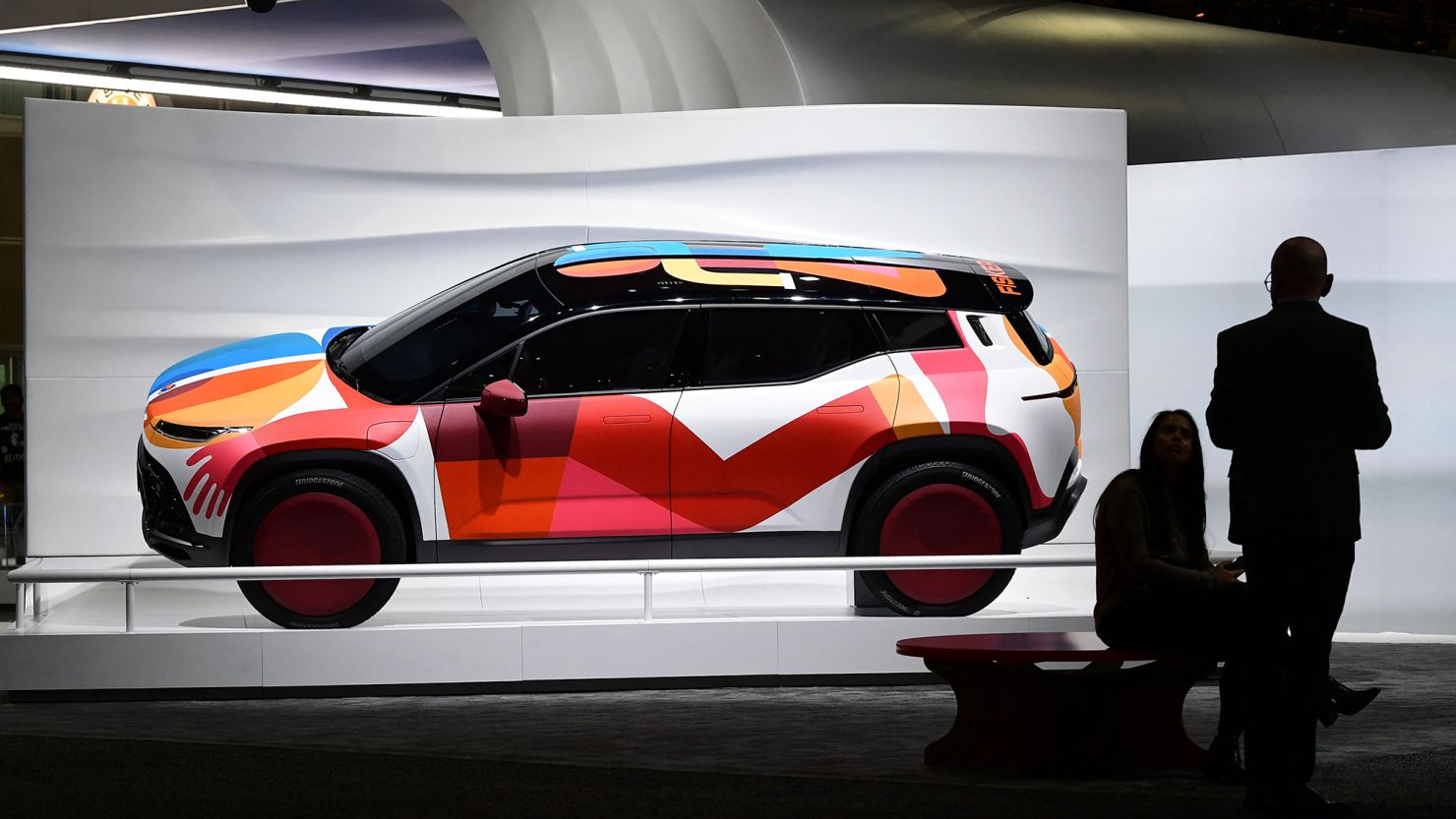
Later in the day, the New York Stock Exchange announced it planned to delist Fisker’s stock due to “abnormally low” price levels. That delisting will mean the company must offer to buy back bonds that are currently due in 2026 and to immediately pay off other debts due in 2025, according to a filing the company made with the Securities and Exchange Commission.
“We do not currently have sufficient cash reserves or financing sources sufficient to satisfy all amounts due under the 2026 Notes or the 2025 Notes, and as a result, such events could have a material adverse effect on our business, results of operations and financial condition,” Fisker said in its filing.
Fisker’s shares traded for as much as $28 in February of 2021, valuing the company at just under $8 billion, but its shares now currently trade for less than 10 cents per share, reducing the EV car maker’s total market capitalization to less than $50 million
Fisker had also previously said it was in talks with a major, established automaker but, those talks have fallen apart without a deal, according to a regulatory filing Fisker made Monday. The company’s troubles are another sign of the headwinds and speed bumps for the burgeoning EV industry.
Reuters had reported it was in talks with Nissan, citing unnamed sources familiar with the discussions. Those talks centered on Fisker’s planned electric pickup, the Alaska, according to the report.
Fisker was founded by its chief executive officer, auto designer Henrik Fisker, in 2016. Its sole product, the Fisker Ocean electric SUV, was produced in Austria under contract by third-party manufacturer Magna Steyr. Last year, 10,000 SUVs were produced but, in its earnings report, the company said only about half had been delivered to customers.
Henrik Fisker had expected that outsourcing manufacturing to Magna, a company that also builds cars for Mercedes, BMW, Jaguar and others, would reduce the companies risks because it wouldn’t have to invest in its own manufacturing facilities.
Fisker had also announced plans to produce a small, affordable EV called the Pear. Foxconn, the Taiwanese electronics company best known for manufacturing Apple’s iPhones, had been in discussions to produce the Pear at a Foxconn-owned factory in Ohio. Those talks never came to fruition.
And more bad news has been mounting for the company recently. The Ocean was the subject of a scathing review by American YouTube tech personality Marques Brownlee. The video was titled, “This is the Worst Car I’ve Ever Reviewed.”
“Do not buy this version of the Fisker Ocean,” reads the video’s description. Brownlee’s video has racked up more than 4.5 million views so far, and it sent Fisker’s stock price plunging after its release.
Consumer Reports also recently published its own review of the Ocean panning its ride quality and software although the reviewers did like its cargo space, rear seat legroom and large glass moonroof.
Henrik Fisker admitted, in an interview with the industry newspaper Automotive News, that the Ocean had quality problems. He blamed the issues on software from various suppliers that worked poorly together. He said the problems were being addressed through software updates.
But, besides its own quality issues, Fisker had to deal with much greater competition from established automakers than had existed when the company was established. Now, besides Tesla, companies like Hyundai, Kia, Ford and General Motors offer electric SUVs that are substantially similar to the Ocean and without the risks of dealing with an unknown startup.
© OfficialAffairs